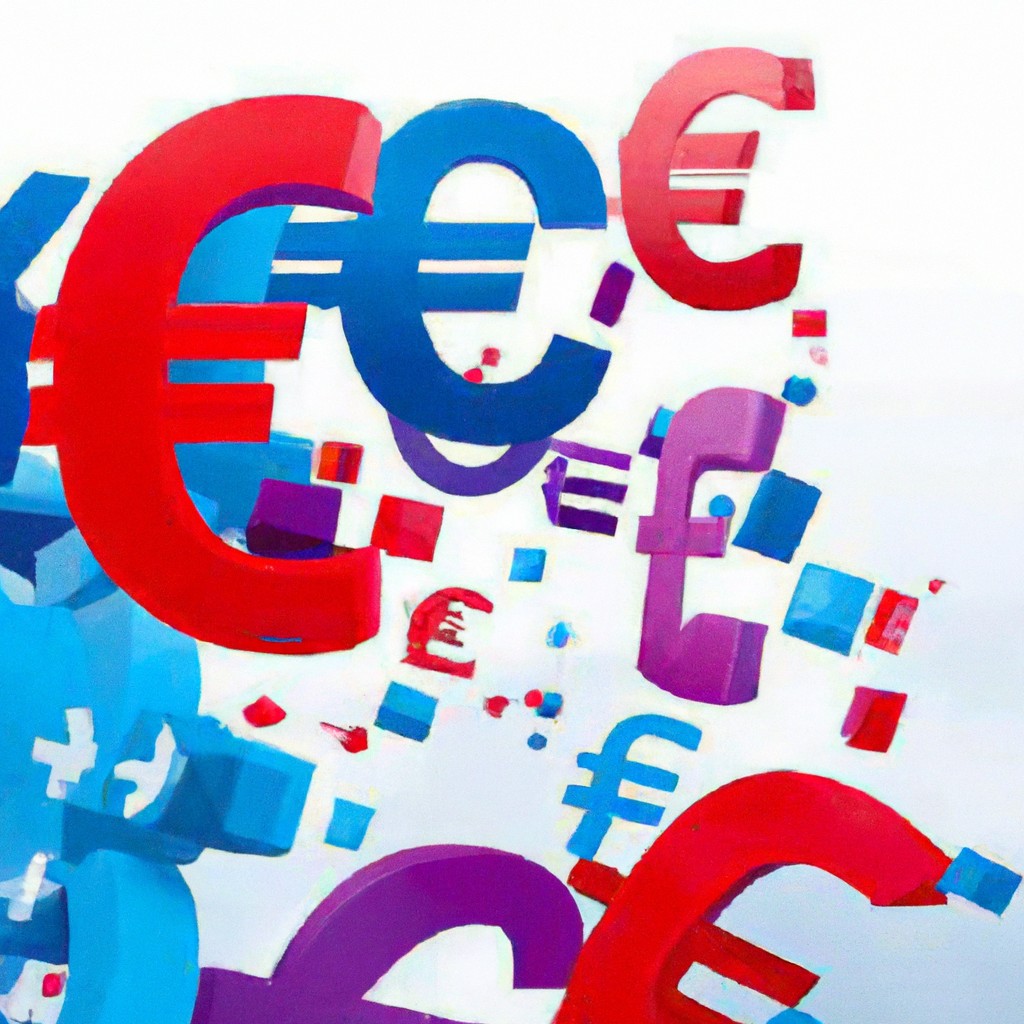Economic impact of progressive taxation

Progressive taxation has a significant economic impact by redistributing wealth and reducing income inequality. It achieves this by applying higher tax rates to individuals with higher incomes. This approach allows the government to generate more revenue, which can be used to fund public services and social programs. By taxing the wealthy more heavily, progressive taxation aims to create a fairer society and provide support to those in need. Critics argue that it discourages economic growth and investment, but supporters believe it promotes social equality and reduces poverty. Overall, the economic impact of progressive taxation remains a topic of debate and has varying effects on different segments of society.
Read more
Arguments against progressive taxation

Progressive taxation faces several arguments, with opponents claiming it discourages economic growth, reduces incentives to work, and promotes unfairness. Critics argue that higher tax rates on the wealthy stifle innovation and hinder investment, hampering economic development. They contend that when successful individuals are taxed heavily, they may choose to work less or move their assets to countries with lower tax rates. Moreover, opponents argue that progressive taxation undermines the principles of meritocracy by redistributing wealth from the high-achieving to the less successful. They assert that a flat tax rate would be fairer, treating all individuals equally and encouraging productivity. Critics of progressive taxation emphasize the need for a simpler, more transparent tax system that fosters economic prosperity for all.
Read more
Alternatives to progressive taxation

Alternatives to progressive taxation include regressive taxation, where lower-income individuals pay a higher percentage of their income compared to higher-income individuals. This approach is often critiqued as it places a greater burden on those who can afford it the least. Another alternative is a flat tax, where everyone pays the same percentage of their income regardless of their earnings. While this may appear fair, it can disproportionately impact lower-income individuals who rely heavily on their income for daily necessities. An alternative approach is a consumption tax, where taxes are based on spending rather than income. This system can promote savings and investment while reducing the burden on lower-income individuals.
Read more
The current debates surrounding progressive taxation

The current debates surrounding progressive taxation are intense and polarizing. Proponents argue that it is a fair system that promotes social equality and provides essential funding for public services. They believe that the wealthy should contribute more because they have benefited the most from society. Opponents, however, argue that progressive taxation discourages economic growth and stifles individual success. They argue for a flat tax rate that treats everyone equally. Both sides passionately defend their positions, often using emotional arguments and vivid examples to sway public opinion. Ultimately, the outcome of these debates will shape the future of our economic landscape and societal structure.
Read more
Examples of countries implementing progressive taxation

Progressive taxation is a system where the rich are taxed more than the poor. Several countries have implemented this approach to address income inequality and fund social welfare programs. For example, Sweden has one of the highest progressive tax rates globally, with the top 1% paying about 57% of their income in taxes. In Denmark, the highest earners pay up to 55.9% in income tax. France follows a similar model, with the top tax rate reaching 45%. These countries use progressive taxation to redistribute wealth and ensure that the burden falls more heavily on those who can afford it, making their societies more equitable.
Read more
What is progressive taxation

Progressive taxation is a system where taxes increase as income rises. It aims to distribute the tax burden fairly, with higher earners paying a larger percentage of their income. This approach seeks to create a more equitable society by reducing income inequality. The progressive tax system recognizes that individuals with higher incomes can afford to contribute more to government revenue. It is often seen as a way to support social welfare programs and public services. By implementing progressive taxation, governments can address the needs of the less advantaged while maintaining economic stability and fostering a sense of solidarity within society.
Read more
Disadvantages of progressive taxation

Progressive taxation has several disadvantages that can negatively impact individuals and the economy. First, it discourages productivity and hard work by taking a larger percentage of income from those who earn more. This creates a disincentive for people to strive for higher wages or climb the economic ladder. Additionally, progressive taxation can lead to capital flight, as high-income earners may move to countries with lower tax rates, resulting in a loss of investment and job opportunities. Furthermore, this tax structure can stifle economic growth by burdening businesses with higher tax rates, reducing their ability to expand and create jobs. Lastly, progressive taxation can contribute to a sense of unfairness and resentment among different income groups, leading to social unrest and damaging societal cohesion.
Read more
Impact of taxation on income distribution

Taxation has a significant impact on income distribution within a society. Progressive tax systems, where the tax burden increases as income rises, aim to reduce income inequality. By redistributing wealth from higher-income individuals to those with lower incomes, progressive taxes help bridge the wealth gap. However, the effectiveness of taxation in reducing income inequality depends on various factors such as tax rates, deductions, and loopholes. Flat tax systems, on the other hand, can exacerbate income inequality as they place the same tax rate on all income levels. It is crucial to design taxation policies that strike a balance between promoting economic growth and addressing income disparities to ensure a fair and equitable society.
Read more
Effects of progressive taxation

Progressive taxation is a system where individuals with higher incomes pay a higher percentage of their income in taxes. The goal of progressive taxation is to reduce income inequality and provide more resources for government programs that benefit the less fortunate. By taxing the wealthy more heavily, progressive taxation aims to redistribute income and promote social justice. This system has both positive and negative effects on the economy. On one hand, it can help fund public services and support economic growth. On the other hand, it may discourage work and investment among high-income earners, potentially impacting economic productivity. It is important to strike a balance that ensures fairness and economic sustainability.
Read more
Role of taxation policies in addressing income inequality

Taxation policies play a crucial role in addressing income inequality. By implementing progressive tax systems, governments can ensure that wealthier individuals contribute a larger percentage of their income towards taxes. This helps redistribute wealth, reducing the income gap between the rich and the poor. Additionally, tax policies can be used to provide targeted benefits and support for low-income individuals and families, such as tax credits or exemptions. These measures can help alleviate poverty and increase economic mobility. However, it is important to strike a balance between reducing inequality and encouraging economic growth, as excessive taxation can hinder investment and entrepreneurship.
Read more












